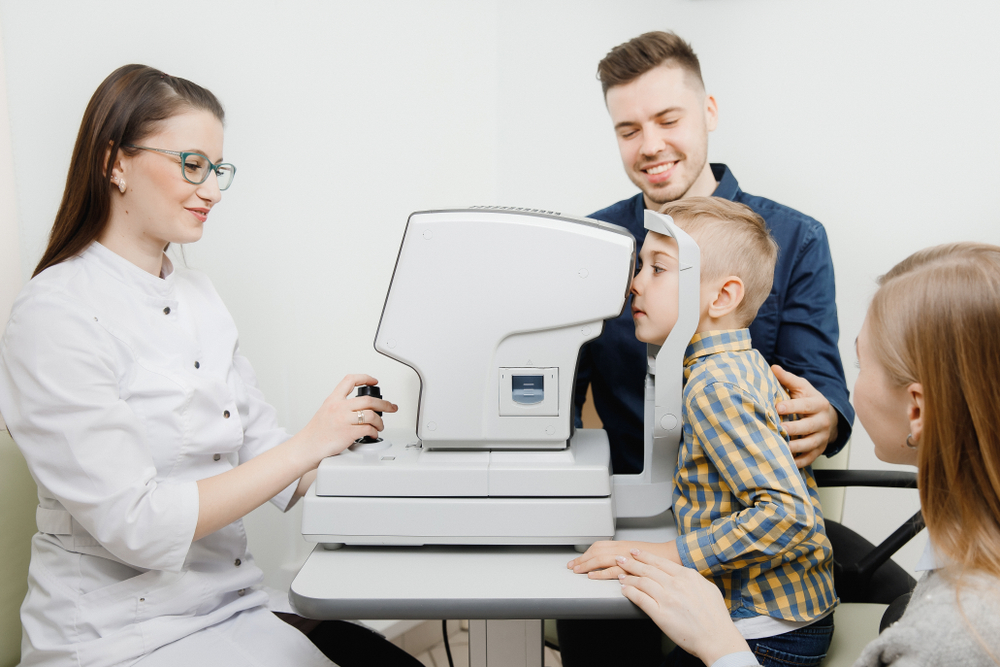
Living in the digital age has us spending most of our time using digital devices. As a result, our screen time keeps increasing as we work on our computers, use our phones or tablets, or watch the television.
Habits like exercising and eating a healthy diet will benefit from reduced screen time. Individuals with myopia may want to consider if screen time affects the progression of their conditions.
What Is Myopia?
Myopia, also called nearsightedness, is a refractive error that causes you to see near objects, but those far away appear blurry. It happens when your eye shape or parts of it inaccurately bend light rays. Instead of the light rays focusing on your retina, they focus in front of it.
Myopia often develops in childhood and adolescent years. Various risk factors can cause it to progress. It can lead to high myopia if it progresses for too long. It can also increase your risk for eye conditions that may lead to irreversible vision loss.
Symptoms of Myopia
Symptoms of myopia include:
Faraway objects look fuzzy or blurred.
Squinting.
Headaches.
Objects that are close by look clear.
Eyestrain.
Headaches.
Fatigue when looking a few feet away, playing sports, or driving.
Myopia symptoms may become more apparent in children when their school grades become poor. They can have a short attention span or hold objects close to their face.
Link Between Screen Time and Myopia Progression
Children in America between eight and 12 years of age spend four to six hours on average daily looking at digital screens. Adults spend 11 hours daily, while teenagers can spend up to nine hours on screens daily.
Statistics show that since 1971, myopia rates in America have increased. There was 25 percent then, but the condition affects over 41 percent of Americans today. Studies show that spending many hours using your screen can strain your eyes.
How Much Screentime Is Too Much?
Avoiding using your digital devices can be impossible. You use your computer at work and school. Your social life with friends must go on through social media and texting your loved ones. Nowadays, people shop online, and most learning and entertainment happen online.
Child development experts recommend that parents should avoid using videos as an alternative to getting a babysitter. A caregiver should use educational programs to spend time with the children.
Children from two to five years old should spend less than one hour on the screen during weekdays and three hours on the weekend. Those six years and above should balance their routines with healthy habits when using digital devices. The same goes for teenagers and adults. You can accomplish this by putting away screens during outings and family meals. Avoid using electronic devices in your bedroom. You can also create a habit of turning off screens an hour before sleep.
What Eye Specialists Recommend
Eye specialists advise against too much screentime to lower the risk of developing myopia or its progression. Taking the necessary steps to prevent the condition from progressing helps ensure you experience eye health for a long time. Slowing myopia progression reduces the risk of pathological myopia or visual impairment later in life.
For more about screen time and its contribution to myopia progression, call Clarity Vision in Apex at (919) 367-2832.
















